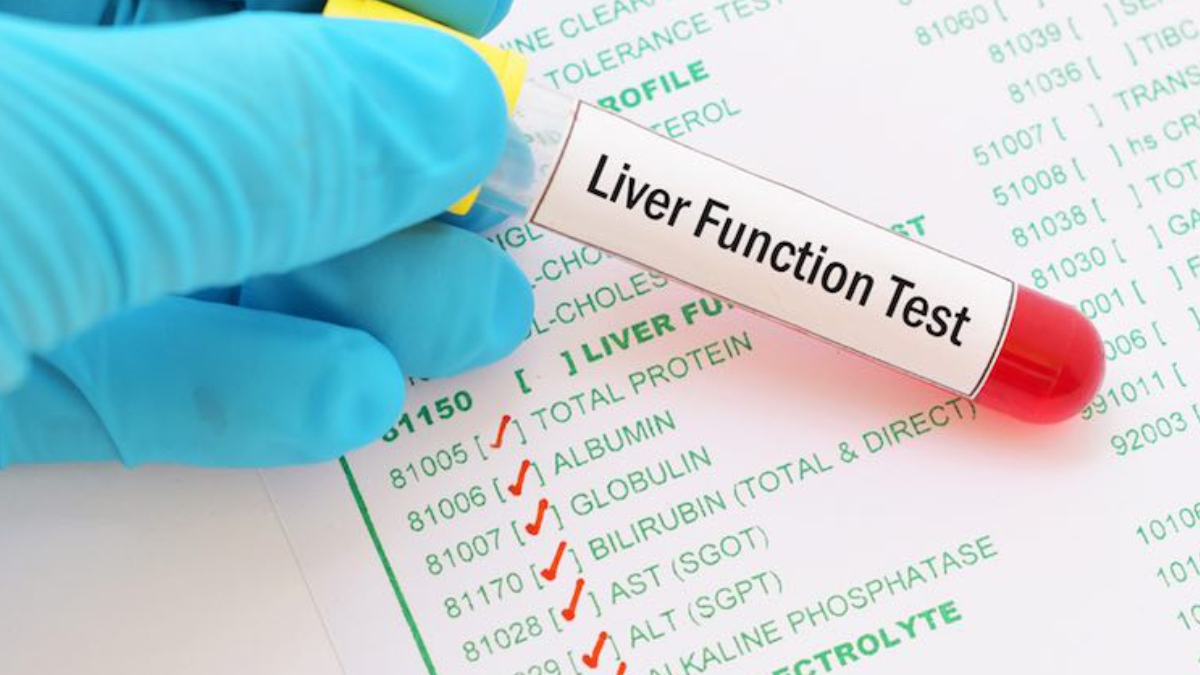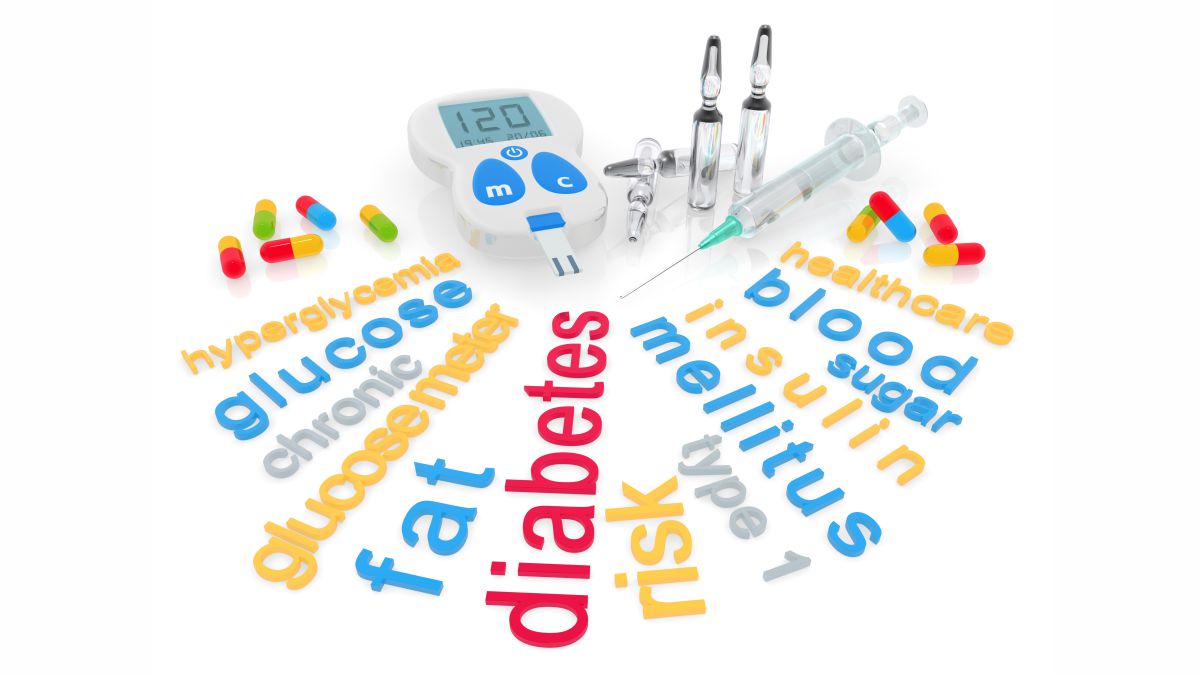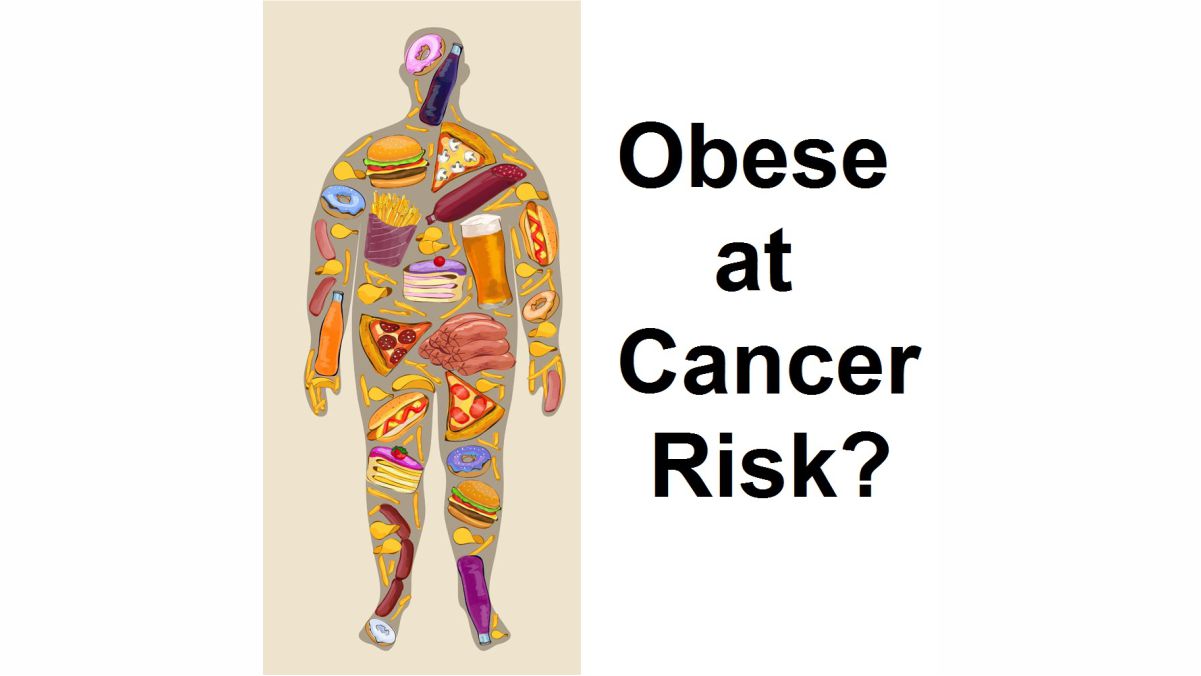
Tests to help you check your liver health
Liver Function Tests (LFT) are blood tests detecting variety of liver diseases and also monitors for optimum liver functioning by assessing liver inflammation and damage. Parameters for LFT include estimation of liver proteins, bilirubin, and enzymes. Abnormal levels of these parameters may indicate diseases associated with liver such as cirrhosis, hepatitis, NAFLD, and even cancer.
Liver function tests:
- Protein Tests- Albumin and globulin are proteins produced by the liver. Individual levels of both proteins along with their ratio and total protein concentration are estimated. These liver proteins help in tissue nourishment, and transporting hormones and vitamins. Abnormal level of these proteins indicate liver disorders. Elevated levels can result from chronic inflammation. Low abnormal/globulin ratio may suggest an autoimmune diseases or liver cirrhosis and higher ratios may reflect some genetic deficiencies.
-
Bilirubin tests-
Two forms of bilirubin- conjugated, formed by combining with sugar and unconjugated, protein albumin bound bilirubin are measured to detect and monitor liver disorders. Total bilirubin is the combined value of both conjugated and unconjugated bilirubin.
Bilirubin, a by-product of RBC breakdown, is further processed by the liver and eliminated from the body. Increase in normal levels indicates blocking of bile ducts, liver inflammation or damage. -
Enzyme tests-
Levels of four liver enzymes namely, alanine transaminase (ALT), aspartate transaminase (AST), alkaline phosphatase (ALP) and gammaglutamyl transferase (GGT) are most commonly estimated.
Elevation of ALT and AST indicate blockage of bile ducts or cirrhosis., Extremely high levels of ALT and AST indicate acute hepatitis. Elevated ALT/AST also indicates alcoholic hepatitis and cirrhosis.
Elevated levels of ALP and bilirubin together signify bile duct blockage that can lead to jaundice.
Elevated GGT level is first indication of bile duct blockage, it may also reflect liver cancer and hepatic or non-hepatic conditions.
Who should get tested?
- People with symptoms such as jaundice (yellowing of skin and eyes), abdominal pain, and swelling in legs should also test themselves with liver function tests.
- Similarly, individuals with excessive alcohol consumption and tobacco smokers, obese people, diabetics, patients with family history of liver diseases or hepatitis are prone to liver damage.
Reference range: (For adults)
| TESTS | NORMAL RANGE (U/L) | ||
|---|---|---|---|
|
|||
| ALT |
|
||
| AST |
|
||
| GGT |
|
||
| ALP |
|
||
| Albumin | 3.2 - 4.8 gm/dL | ||
| Globulin | 2.5 - 3.4 gm/dL | ||
| Total protein | 5.7 - 8.2 gm/dL | ||
| Total bilirubin | 0.3 - 1.20 gm/dL | ||
| Conjugated bilirubin | 0 - 0.30 gm/dL |
Liver Function Tests profile is used for the qualitative and quantitative analysis of proteins, bilirubin and enzymes indicative of liver functioning using advanced and sophisticated automated technology of photometry at highly affordable rates.










